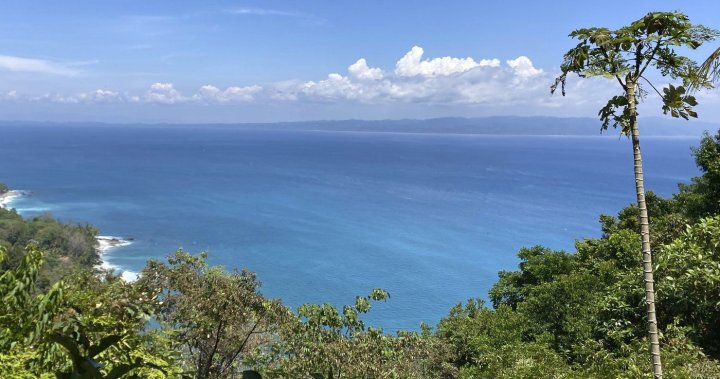In a bold move that signals a potential new frontier in resource extraction, a Vancouver-based company has positioned itself at the center of a brewing international debate over deep sea mining. The Metal Company, headquartered in British Columbia, is actively pursuing permits from both Canadian and American authorities to begin harvesting valuable metals from the ocean floor – a controversial practice that environmental experts warn could have far-reaching consequences for marine ecosystems.
The company’s ambitions come at a pivotal moment as nations worldwide grapple with competing priorities: addressing critical mineral shortages necessary for green technology while simultaneously protecting increasingly vulnerable ocean habitats. Their permit applications target regions in international waters, specifically focusing on the Clarion-Clipperton Zone (CCZ) in the Pacific Ocean, an area known to contain significant deposits of copper, nickel, and rare earth minerals essential for electric vehicle batteries and renewable energy infrastructure.
“We’re witnessing a high-stakes balancing act between resource security and environmental protection,” explains Dr. Maria Rothwell, oceanographer at the University of British Columbia. “These deep-sea ecosystems have remained largely untouched by human activity, and we’re only beginning to understand their biodiversity and ecological significance.”
The timing of these permit applications is particularly notable following former U.S. President Donald Trump’s executive order in 2020 that expedited environmental reviews for mining projects – a policy stance many expect him to reinforce should he return to office. Meanwhile, the Canadian government has maintained a cautious approach, emphasizing the need for scientific assessment before committing to regulatory frameworks.
This regulatory uncertainty occurs against the backdrop of ongoing United Nations deliberations through the International Seabed Authority (ISA), which has yet to finalize a comprehensive mining code for international waters. Environmental advocates argue that this regulatory gap leaves deep ocean ecosystems vulnerable to potentially irreversible damage.
“The seafloor isn’t just barren real estate waiting to be exploited,” warns James Thompson of the Ocean Conservation Alliance. “These are complex habitats that have evolved over millions of years, supporting unique species and performing critical ecological functions we’re only beginning to understand.”
Proponents of deep sea mining, however, point to growing concerns about supply chain security for critical minerals, particularly as geopolitical tensions rise with China, which currently dominates rare earth mineral processing. The Metal Company’s CEO has repeatedly emphasized their commitment to “environmentally responsible extraction methods” and extensive pre-mining environmental impact studies.
The Canadian government now faces mounting pressure from both industry and environmental groups as it considers how to position itself in this emerging sector. Recent statements from Natural Resources Canada indicate the government is “carefully evaluating potential regulatory frameworks” while consulting with Indigenous communities, environmental experts, and industry stakeholders.
Meanwhile, international momentum continues to build, with countries like France and Germany calling for a moratorium on deep sea mining until more comprehensive scientific studies can be conducted. Small island nations, particularly in the Pacific, have expressed grave concerns about potential impacts on their marine territories and fishing industries.
As this political debate intensifies, investors are closely watching regulatory developments that could determine the viability of deep sea mining ventures. The Metal Company’s stock has experienced significant volatility as market participants attempt to gauge the likelihood of permit approvals in both Canada and the United States.
What remains unclear is whether humanity possesses the scientific understanding and technological precision to extract resources from the deep sea without triggering cascading environmental consequences. As we stand at this critical juncture between resource needs and environmental protection, the fundamental question emerges: can we develop frameworks that truly balance innovation with precaution, or are we risking ocean health for short-term economic gain?











